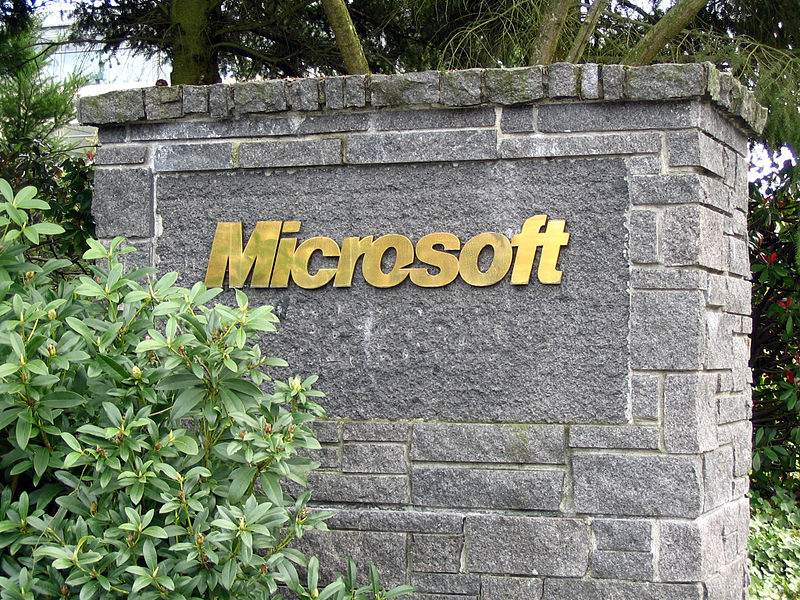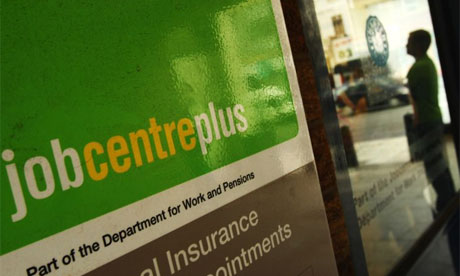 The campaign to protect photographers' rights has reached the House of Commons. Olivier Laurent talks to Conservative MP John Randall, who raised the issue in Parliament
The campaign to protect photographers' rights has reached the House of Commons. Olivier Laurent talks to Conservative MP John Randall, who raised the issue in Parliament
The Home Office says that newly introduced counter-terrorism laws are not designed to prevent photographs being taken in public places, despite widespread concerns - and much evidence - that legislation is being misused to do just that.
The statement was made to Parliament during a wide-ranging debate on public photography rights after Conservative MP John Randall of Uxbridge submitted a question to the Home Secretary on Wednesday 01 April.
Randall took the initiative after becoming aware of the many recent incidents in which police have stopped photographers shooting in the public arena. He cited the example of a 70-year-old photographer who was handed a notice after taking a picture of a house in his neighbourhood in Windsor. The photo included a police car parked on a double yellow line with two police community support officers (PSCOs) inside.
Randall also added that police officers have been, in some cases, abusing the stop-and-search powers they received with Section 44 of the Terrorism Act 2000. 'I am acutely aware of the potential for terrorism,' he said. 'We have to look out for such things, but common sense seems to have escaped police officers - or, very often, PCSOs - in some of the cases mentioned.'
Speaking to BJP, Randall said that he thinks the situation is 'absolutely crazy. It seems to be coming from some overzealous police officers'.
Answering Randall's comments, the parliamentary under-secretary of state for the home department, Shahid Malik, said that 'our counter-terrorism laws are not designed or intended to stop people taking photographs. That is simply not their aim. People have the right to take photographs in public places for legitimate reasons and we will uphold that right'.
He added: 'I accept that there are concerns about how some of our laws are being, or might be, applied. Concerns have been expressed about the stop-and-search powers used under section 44 of the Terrorism Act 2000. As honorary members will know, section 44 enables the police to stop and search anyone within an authorised area for the purposes of searching for articles of a kind that could be used in connection with terrorism. The powers do not require a reasonable suspicion that such articles exist.'
Malik explained that these powers are useful, but they are 'also wide-ranging, and concerns have been expressed that the power is being used to stop people taking photographs - whether of buildings or of people - within authorised areas. There are also concerns that cameras are being confiscated as part of such searches. Those are genuine concerns that people have raised,' he said. 'I would like to make it clear that section 44 does not prohibit the taking of photographs.'
The parliamentary under-secretary of state for the home department added that it would be issuing guidance to 'ensure that the laws are implemented correctly and that people's liberties are not being infringed upon unnecessarily'.
The government also addressed the issue of the new offence in section 58A of the Terrorism Act 2000, which was inserted by section 76 of the Counter-Terrorism Act 2008. The new set of rules, which BJP exposed earlier this year, targets anyone who 'elicits or attempts to elicit information about (members of armed forces), which is of a kind likely to be useful to a person committing or preparing an act of terrorism'. A person found guilty of this offence could be liable to imprisonment for up to 10 years, and to a fine.
However, Malik told MPs that while 'it has been suggested that the new offence could criminalise people taking or publishing photographs of police officers,' the law is in fact designed 'to capture terrorist activity directed at members of the protected groups, which, sadly, we know occurs. An offence might be committed, therefore, if someone provides a person with information about the names, addresses or details of car registration numbers of persons in the protected groups.
'The important thing is that the photographs would have to be of a kind likely to provide practical assistance to terrorists, and the person taking or providing the photograph would have to have no reasonable excuse, such as responsible journalism, for taking it.'
He added: 'I want to be clear about this: the offence does not capture an innocent tourist taking a photograph of a police officer, or a journalist photographing police officers as part of his or her job. It does not criminalise the normal taking of photographs of the police.'
However, speaking to BJP, Randall says that even if the government 'says that it's not what it meant with these laws, the fact is that's what is happening on the streets. I'm afraid that this could be used to intimidate people. In some cases, photographers have been forced to delete pictures.'
Randall also says he fears that legitimate press photographers could be bullied to delete picture of violent police actions during protests. '(Section 44) could be used as an excuse to try to hide such acts.'
BJP will continue to monitor the situation as part of its on-going campaign to protect photographers' rights.
Source Marina Scukina/BJP 8th April 2009
 The pioneer of genetic fingerprinting, Professor Sir Alec Jeffries, has said that the Government is risking public support for the national DNA database by holding innocent people’s records.
The pioneer of genetic fingerprinting, Professor Sir Alec Jeffries, has said that the Government is risking public support for the national DNA database by holding innocent people’s records. 



















